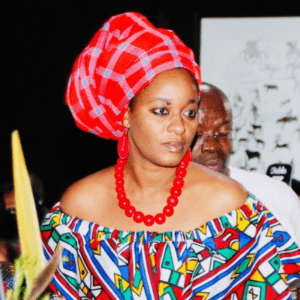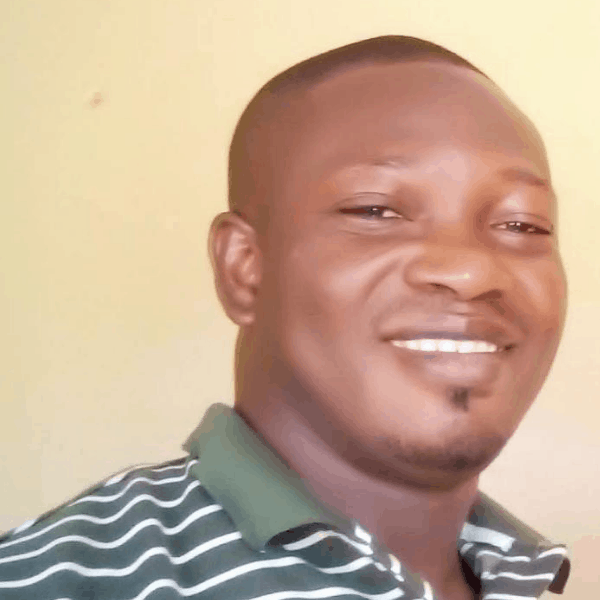Meet the Student: Keratiloe Mogotsi
 Keratiloe Mogotsi is a Programme Manager at CAPSI and a PhD student who is passionate about Africanness, research in philanthropy, and helping people across the continent. She says, “In my role, I have travelled the world, explored my continent, and met sisters and brothers from East, West and Southern Africa. By doing my bit to make Africa better, I feel inspired every day.”
Keratiloe Mogotsi is a Programme Manager at CAPSI and a PhD student who is passionate about Africanness, research in philanthropy, and helping people across the continent. She says, “In my role, I have travelled the world, explored my continent, and met sisters and brothers from East, West and Southern Africa. By doing my bit to make Africa better, I feel inspired every day.”
Q: Your field of study and what inspired you to take this path
A: PhD Management, focusing on African Philanthropy. My study zooms the lens on the processes and management tools pursued by philanthropic organisations in response to disasters in Southern Africa. I utilize the lean thinking methodology to assess opportunities for waste reduction and optimisation of efficiency during disaster response.
The past decade has seen an increase in the frequency and magnitude of disasters and with any disaster, there is always an avalanche of philanthropic activity because, as Africans, people and organisations always want to help. But what processes do the philanthropic organisations follow, how efficient and effective are those? Could lean thinking tools from the world of the “for-profit” sector apply to non–profit organisations’ response processes? My study will answer these questions and more.
Q: What have you learnt or seen that has been vital for your career or that has stood out most for you?
A: Collecting data has been a real eye-opener! There are severe gaps between what beneficiaries need assistance with and what is provided by the philanthropic organisations. Civil society organisations and community–based organisations are in constant search for funding and most often adapt their execution strategies to match what donors are looking for, even though this may not match what their communities need. I’ve learnt that people are not helpless or hopeless and that there is a need to see beyond the aid given today. I now truly understand the saying, “Don’t give a man fish, but teach him how to fish” – so important in solving the problem and eliminating hunger and dependency.
There is a real need for sustainable philanthropy that would help people to help themselves and not create dependency of donations, as the funding space is shrinking. This is an opportunity for me as a project manager and academic to help the third sector organisations in Africa solve root causes and eliminate rather than sustain the problems Africa faces in disaster response.
Q: How do you think your research will make an impact in the social investment space?
A: This research is tailor-made for philanthropic organisations in Southern Africa. It caters for their specific dynamics and they can adopt the model coming from the research to attend to disasters that may affect their region. The model will enable positive change for the next disaster, ensuring that lessons learnt from past disasters are applied and problems rectified, so we can be a more disaster-resilient region.
The research is also beneficial to the philanthropic sector worldwide, as it will open doors for similar models to be developed in other geographic areas. It was my commitment to take the first steps and develop research for my home and to put Africa at the forefront of innovation and change in response to the disasters that affect our people.





